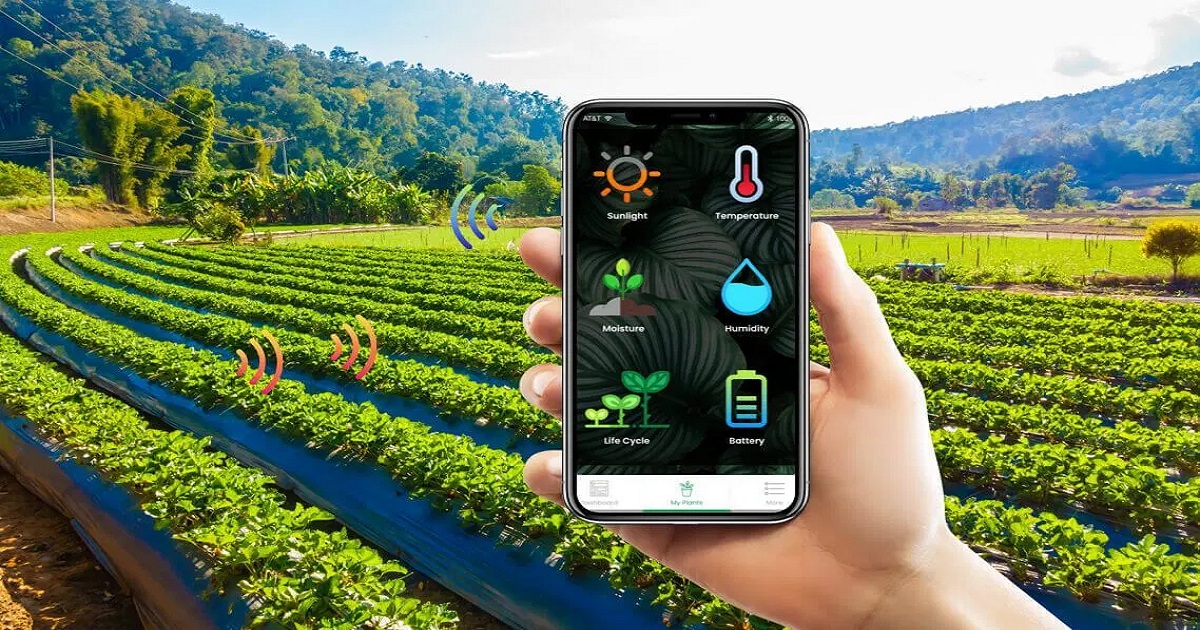Climate change hurts agriculture the most, but we don’t respond to these risks well.
Changing temperature and rainfall patterns are increasing the frequency of extreme weather events around the world. These include increased droughts, heavy rain, and intense flooding.
A United Nations report from 2016 estimates that these extreme weather events lead to economic losses of $100 billion globally. Agriculture-related businesses were 25% of these losses.
In India agro-ecosystems of the Indo-Gangetic plains, which have the most fertile soils and cover about 13 per cent of the total geographical area, are undergoing severe land degradation due to soil erosion & nutrient depletion. According to the Desertification and Land Degradation Atlas of India, 96.4 million ha, almost 30 per cent of the country’s total geographical area, is undergoing land degradation/desertification
Because of this:
- Farm managers are unable to quickly respond to variable weather conditions, resulting in a loss of crops and livestock.
- Financial institutions lose more money on agricultural lending, leading to lower insurance coverage and access to credit.
- Governments are unable to have a broad impact through social programs around their agriculture industries.
Ikshana suite of technologies provide farmers tools for sustainable farming
Ikshana ,uses combination of satellite imagery,image recognition and weather information to empower farmers with actionable insights for precision farming..
We build on field research by collecting and analyzing this data and combining it with other relevant information like commodity prices and news coverage.
We distill all of this information into clear risk-measurements for your needs . With a better view of the risks, you can make smarter decisions.
With our technology, you can:
- Respond to developing risks with advanced warnings and decision insights.
- Improve field operations with strategic information from satellites, sensors, and markets.
- Monitor the health of large areas remotely and predict crop yields accurately.
- Pests detection and their management using Ikshana Image recognition and NLP(Natural Language Programing) technology.

